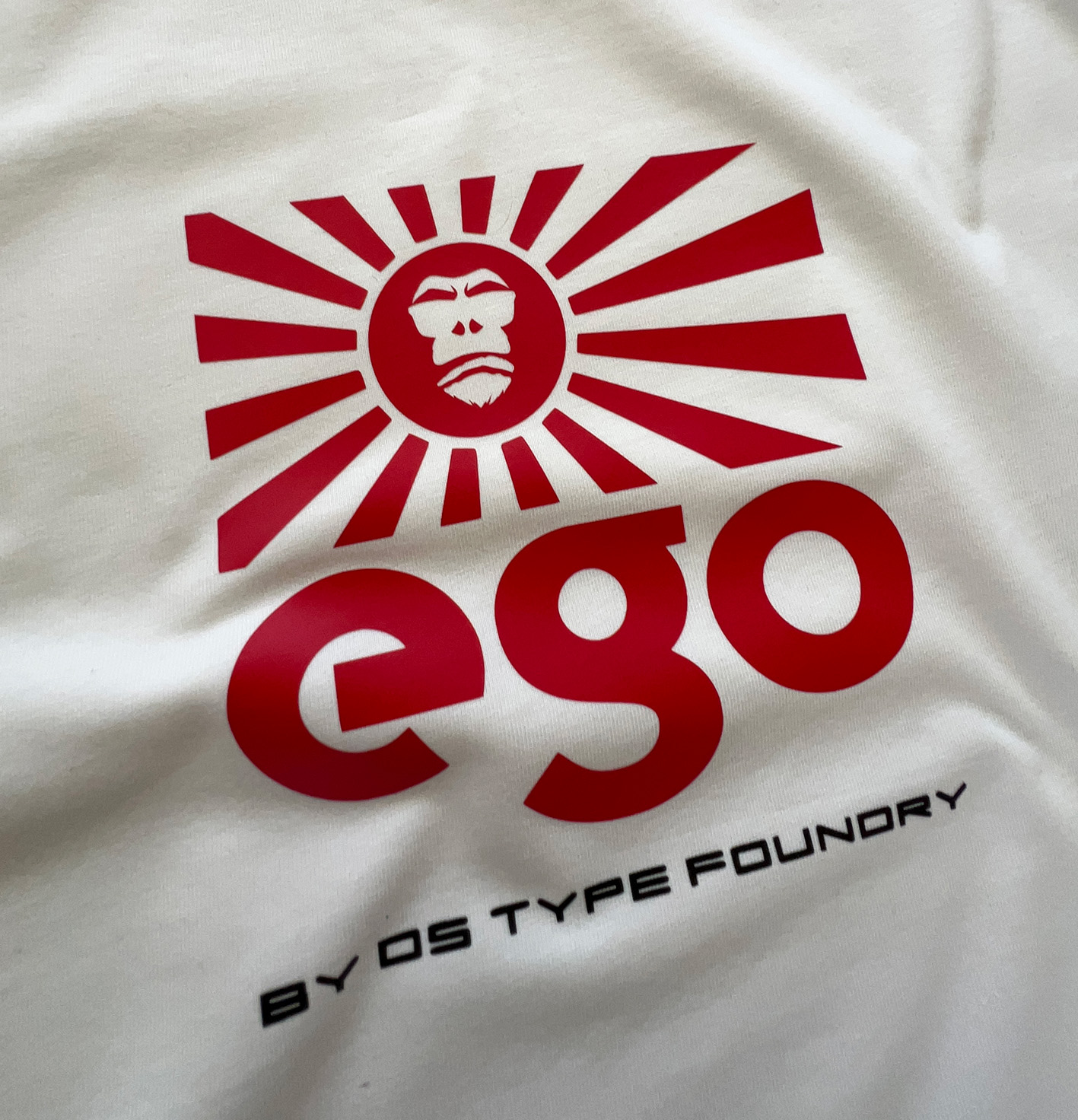ego
A research paradigm may be understood as an orientation or philosophical framework that uses “a basic set of beliefs that guide action” (Guba, 1990, p. 17).
It influences the position and methods a designer adopts in an inquiry. Within this broad paradigm the research may also be understood as artistic. Julian Klein suggests that artistic research is ultimately, acquired through sensory and emotional perception … through artistic experience, from which it cannot be separated. Whether silent or verbal, declarative or procedural, implicit or explicit… artistic knowledge is sensual and physical, ‘embodied knowledge’. The knowledge that artistic research strives for, is a felt knowledge. Klein sees artistic research as dependent upon and inseparable from its processes. He notes, “Artistic experience is an active, constructive and aesthetic process in which mode and substance are fused inseparably”. He also observes that artistic research “does not always lead to secure and universally valid knowledge [but that] the arts are granted the authority to formulate and address basal and yet complex issues in their specific ways”.

